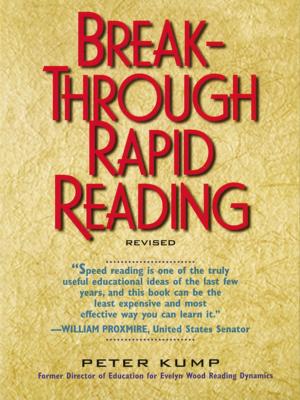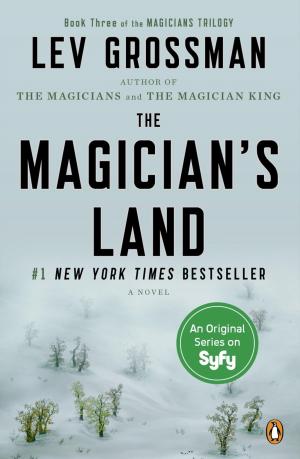The Abyss
World War I and the End of the First Age of Globalization--A Selection from The War of the World (Penguin Tracks)
Nonfiction, History, World History, Modern, 20th Century, Military| Author: | Niall Ferguson | ISBN: | 9781101616208 |
| Publisher: | Penguin Publishing Group | Publication: | October 23, 2012 |
| Imprint: | Penguin Books | Language: | English |
| Author: | Niall Ferguson |
| ISBN: | 9781101616208 |
| Publisher: | Penguin Publishing Group |
| Publication: | October 23, 2012 |
| Imprint: | Penguin Books |
| Language: | English |
Excerpted from Niall Ferguson’s sprawling bestseller The War of the World, The Abyss now stands on its own as one of the most thrilling short histories of World War I ever written. This is not a conventional military history about battles and generals. Rather, The Abyss examines how World War I saw the birth of total war—fought between societies as much as armies—and must therefore be understood in terms of the financial crises it unleashed, the multinational empires it destroyed, and the hateful ideas it propagated.
The most remarkable thing about the war, Ferguson shows us, is how shockingly unexpected it was. At a time when economic integration and technology seemed to be rendering war between great powers impossible, World War I was the moment when that process went into reverse and the lethal forces of ethnic disintegration took over. Now, on the cusp of the 100th anniversary of its outbreak, we can see World War I as much more than just four years of industrialized slaughter. Weaving together the economics of empire and the ideology of race—and featuring an original preface by the author as well a teaser from his new paperback Civilization—The Abyss is world history at its finest.
Excerpted from Niall Ferguson’s sprawling bestseller The War of the World, The Abyss now stands on its own as one of the most thrilling short histories of World War I ever written. This is not a conventional military history about battles and generals. Rather, The Abyss examines how World War I saw the birth of total war—fought between societies as much as armies—and must therefore be understood in terms of the financial crises it unleashed, the multinational empires it destroyed, and the hateful ideas it propagated.
The most remarkable thing about the war, Ferguson shows us, is how shockingly unexpected it was. At a time when economic integration and technology seemed to be rendering war between great powers impossible, World War I was the moment when that process went into reverse and the lethal forces of ethnic disintegration took over. Now, on the cusp of the 100th anniversary of its outbreak, we can see World War I as much more than just four years of industrialized slaughter. Weaving together the economics of empire and the ideology of race—and featuring an original preface by the author as well a teaser from his new paperback Civilization—The Abyss is world history at its finest.















